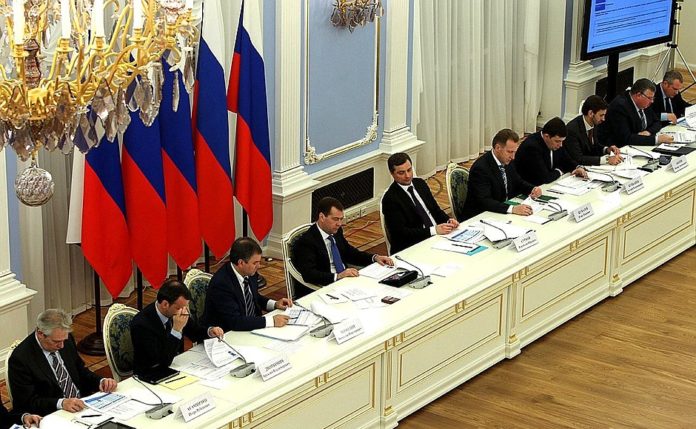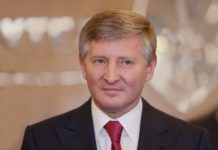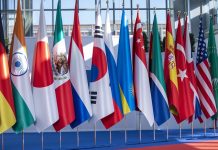Earlier on Thursday, the EU unveiled its Navalny sanctions list, which includes six high-level Russian officials and one research institute over their purported role in the alleged poisoning of the Russian opposition figure.
The Kremlin regrets the European Union’s decision to impose sanctions against several Russian officials over the case of opposition figure Alexei Navalny, something that indicates a “lack of logic,” Russian presidential spokesman Dmitry Peskov said on Thursday.
“To our deepest regret, this is a deliberate unfriendly step toward Russia. The Council of the EU has damaged relations with our country by [doing] this. Moscow will undoubtedly analyse the situation and act according to its interests,” Peskov pointed out.
He added that “the sad thing about this is that it is impossible to see any logic in this decision, the absolute lack of logic is what probably makes it even worse, this decision by the Council of the EU”.
“Overall, the decision to make relations between the EU and Moscow contingent on a person, whom Europe considers to be the leader of some sort of opposition, is regrettable,” the spokesman underscored.
The statement comes hours after the EU published an official decree, sanctioning the head of the Russian Federal Security Service, the first deputy head of the presidential administration, and several others over the Navalny case.
The sanctions enter force on 15 October and will specifically target First Deputy Chief of Staff of the Russian Presidential Executive Office Sergei Kiriyenko, Director of the Federal Security Service Aleksandr Bortnikov, as well as two Deputy Defence Ministers, Pavel Popov and Aleksei Krivoruchko.
Additionally, sanctions were slapped on Chief of the Presidential Domestic Policy Directorate Andrei Yarin, the Russian President’s Plenipotentiary Representative Sergei Menyailo, and the State Scientific Research Institute for Organic Chemistry and Technology (GosNIIOKhT).
The institute was sanctioned because the EU accused GosNIIOKhT of being responsible for the creation of the military-grade nerve agent Novichok, allegedly used against Navalny.
The developments follow Russian Foreign Minister Sergei Lavrov on Wednesday vowing that Moscow would retaliate against any EU sanctions over the Navalny case, also blaming the Germans for failing to “provide any facts [related to the opposition figure’s alleged poisoning], despite all their international legal obligations”.
“We will answer in kind. Yes, this is diplomatic practice, but it is also a diplomatic response,” Lavrov underscored.












